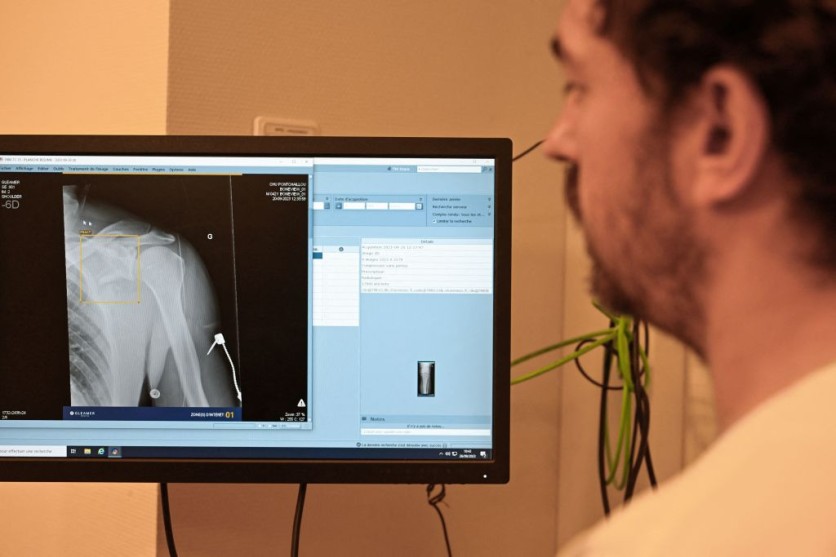Washington lawmakers and regulators are delving into the complexities of regulating the use of artificial intelligence (AI) in the healthcare sector, with the recognition that the task ahead is formidable and riddled with challenges.
According to KFF Health News, Dr. Bob Wachter, Chair of the Department of Medicine at the University of California-San Francisco, acknowledged the enormity of the challenge, expressing concerns about the potential for overregulation that could stifle innovation in the field.

Policymakers Are Lagging Behind
The rapid influence of AI in healthcare is already evident, with the Food and Drug Administration (FDA) approving around 692 AI products.
These AI systems are utilized for various tasks, ranging from patient scheduling and staffing decisions to aid in interpreting medical images like MRIs and X-rays.
Wachter occasionally seeks informal advice from AI models like GPT-4 for intricate medical cases. Despite AI's growing impact, government regulations are struggling to keep pace with advancements in the field.
According to Michael Yang, Senior Managing Partner at OMERS Ventures, policymakers are lagging behind, attributing this gap to the rapid evolution of AI technology.
Regulators are confronted with the challenge that unlike traditional drugs, AI systems evolve over time, necessitating flexible governance frameworks, KFF Health News reported.
Efforts are underway at various levels, with the White House and several health-focused agencies working on regulations to ensure transparency and privacy. Congress has also shown interest, which is evident from the recent Senate Finance Committee hearing on AI in healthcare.
The burgeoning regulatory landscape has sparked increased lobbying activities, with a significant surge observed in organizations advocating for AI-related policies.
TechNet, a prominent trade group, has launched a multimillion-dollar initiative to educate the public about the benefits of AI through TV advertisements and other mediums.
Regulating AI in its Early Stage
Bob Kocher, a partner at venture capital firm Venrock and former Obama administration official, told KFF Health News about the complexity of regulating AI in its early stages.
He underscored the challenges healthcare professionals may face in adopting AI solutions, mainly due to concerns about liability and the unfamiliarity of using AI for clinical decision-making.
Data analysis by Capital Economics reveals that a moderate percentage of healthcare businesses, at 6.1%, consider integrating AI into their operations in the next six months, highlighting the gradual adoption of AI across the sector.
However, with the integration of AI into healthcare comes the recognition of potential risks to patients. AI systems, like any medical product, can introduce novel risks, including the generation of inaccurate information.
Wachter shared a story in which an AI model fabricated a convincing note citing non-existent research, underscoring the need for robust oversight and validation protocols in AI applications within healthcare settings.
Related Article : Majority of Americans Not Comfortable With AI's Presence in Healthcare, Survey Says

![Apple Watch Series 10 [GPS 42mm]](https://d.techtimes.com/en/full/453899/apple-watch-series-10-gps-42mm.jpg?w=184&h=103&f=9fb3c2ea2db928c663d1d2eadbcb3e52)



